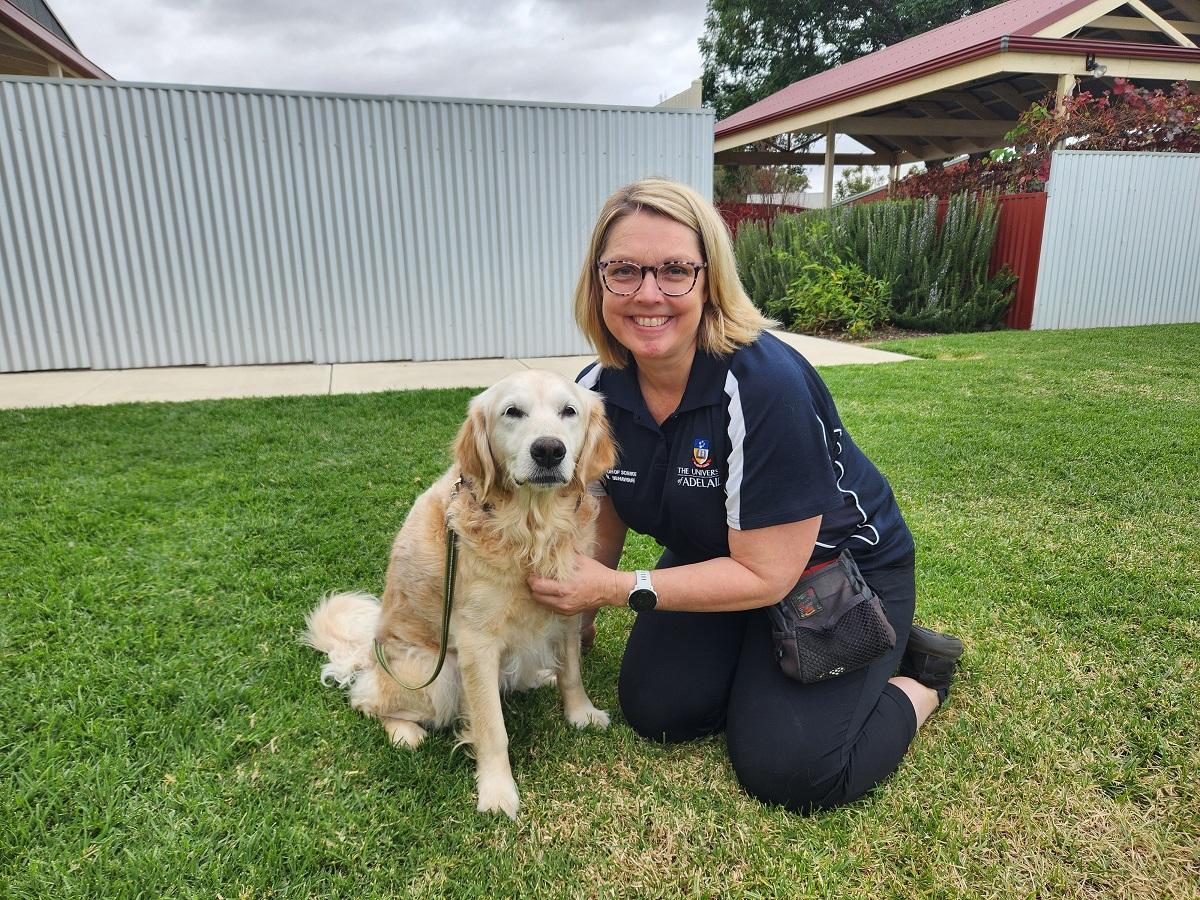As the 2020 cropping season gets underway, Agriculture Victoria is advising farmers to arm themselves with as much information about their paddocks as they can to increase the chances of a productive and profitable year.
Agriculture Victoria’s Grains Industry Biosecurity Officer Jim Moran said recent rainfall has provided perfect conditions in most cropping districts.
He said to ensure successful sowing and emergence and to maintain excellent crop growth without pest, disease or weed pressures, grain growers should keenly monitor for, and act on, facts.
“Check what is going on and into paddocks. Collect evidence and act on fact,” he said.
To save time, money and effort, Mr Moran has advised growers to conduct soil or tissue testing before they sow.
“These tests will identify any nutrient deficiencies and will result in grain growers only applying what is needed to produce healthy crops,” Mr Moran said.
He said farmers should be aware of the origin, contents and quality of crop inputs to avoid importing pests, weeds and diseases from another region.
If farmers are backloading fertilisers and chemicals from the ports, it’s important to conduct proper hygiene protocols as per the Grain Trade Australia’s Transport Code of Practice*.
“They should check product labels to confirm the source, quality and the potential presence of other toxic substances or contaminants,” Mr Moran said.
“This will ensure that any soil fertilisers, ameliorants, conditioners, compost or other chemicals are what they say they are.”
Farmers are urged to survey their paddocks regularly.
If they notice anything unusual, they should contact their agronomist and have samples tested by the CROPSAFE laboratory at Agriculture Victoria in Horsham.







